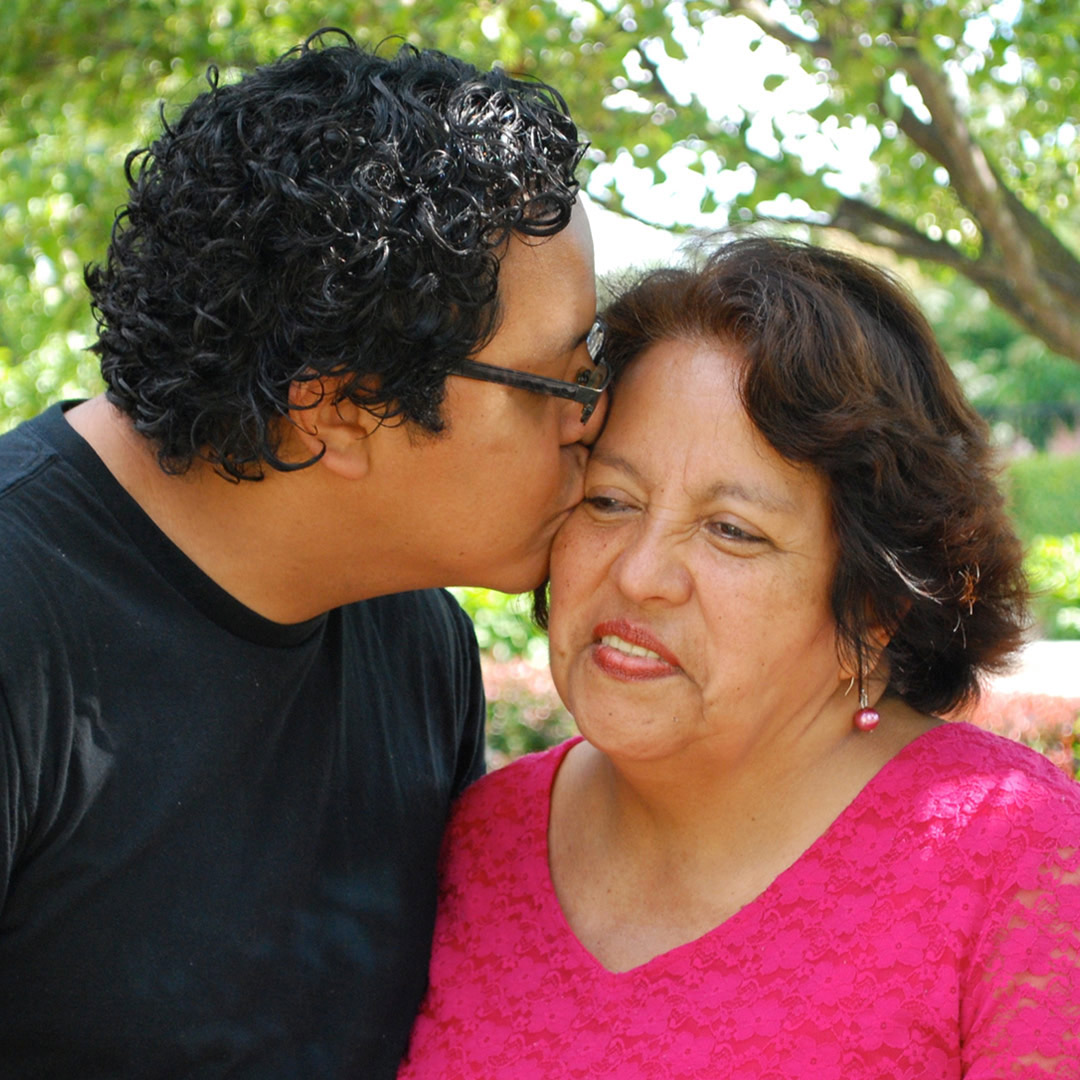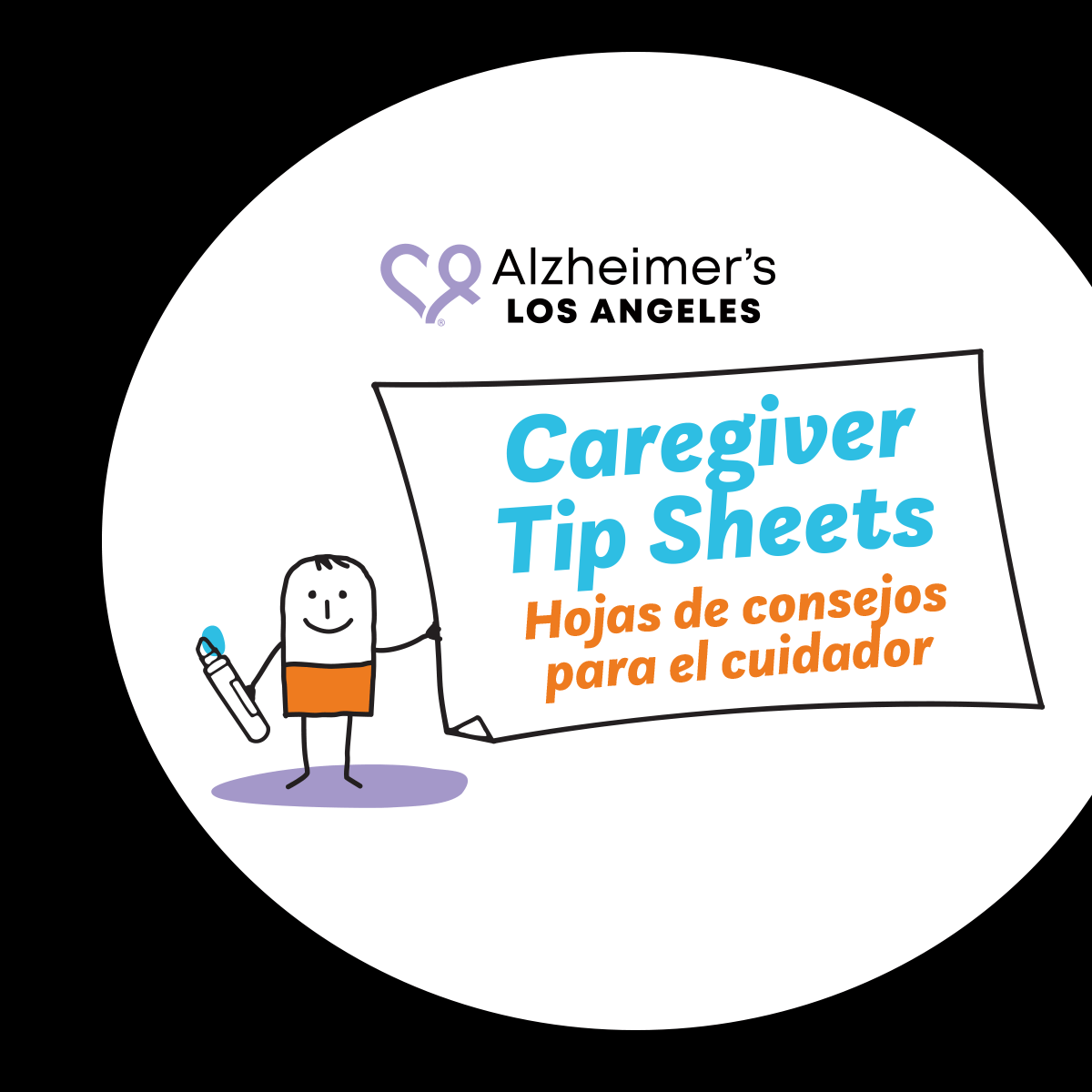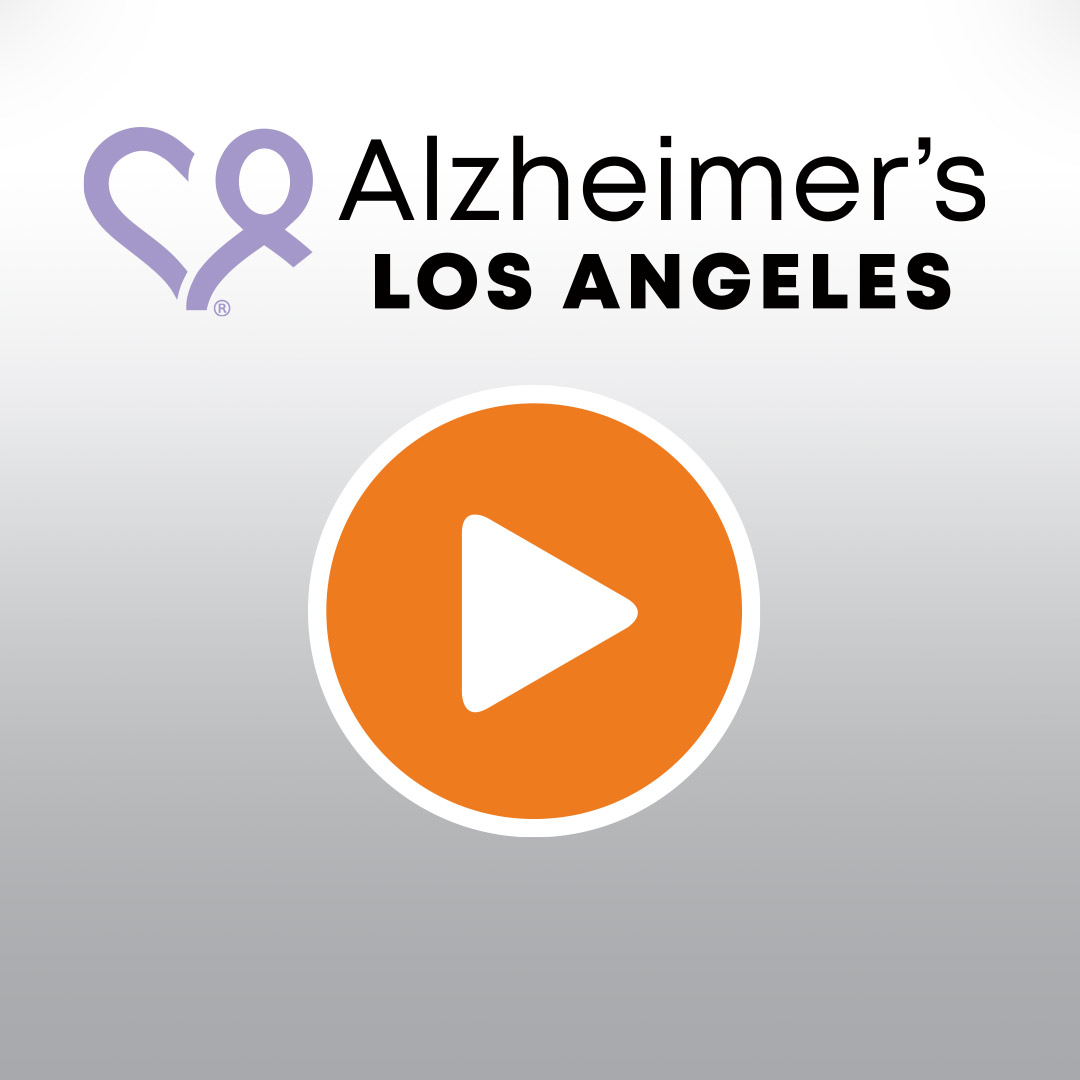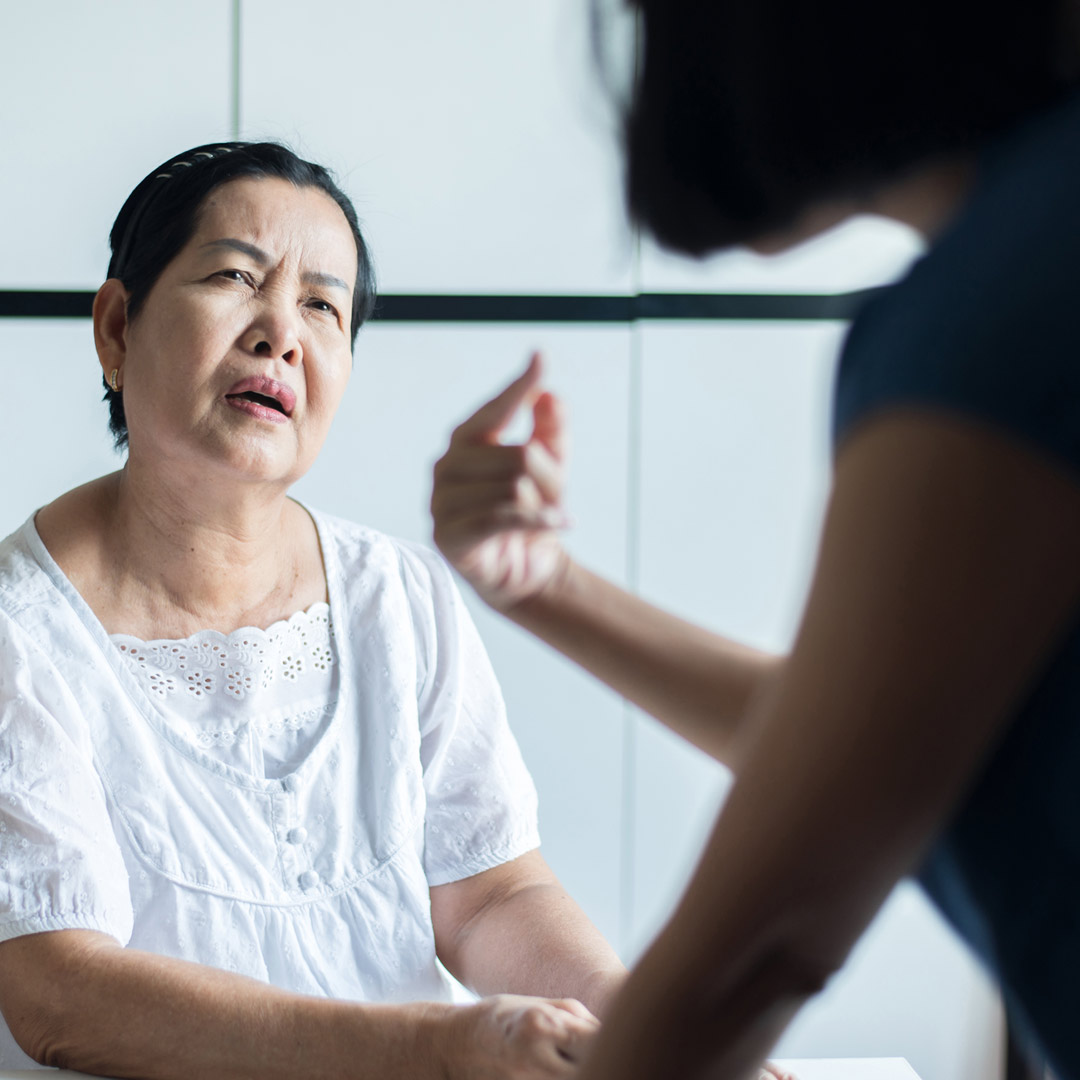
Caring for a Person with Memory Loss
Caring for a person with Alzheimer’s disease can have high physical, emotional, and financial costs. The demands of day-to-day care, changes in family roles, and decisions about placement in a care facility can be difficult.
High-quality programs and services to help you manage the challenges of caring for a person with Alzheimer’s or another dementia.
Short videos featuring tips about common concerns and real-life scenarios you may encounter and suggestions for how to handle them.
Alzheimer’s disease causes changes in the brain that may affect safety. Depending on the stage of the disease, this can include changes in judgment, abstract thinking, sense of time/place, and behavior.
Alzheimer’s or another dementia will gradually affect a person’s ability to communicate. Changes will be unique for each person, so there is no way of knowing in advance what those specific changes might be.
Alzheimer’s Los Angeles provides a supportive environment and specialized programs for people with Mild Cognitive Impairment (MCI) or an early stage diagnosis of Alzheimer’s or another dementia.
In many cases, a person will not receive an Alzheimer’s or dementia diagnosis until their symptoms have reached the middle stage and they are having trouble with everyday activities. Most of the information on this website is relevant to people living with or caring for someone in the middle stages.
The late stage of Alzheimer’s disease may last anywhere from several weeks to several years. Intensive, around-the-clock assistance is usually required.
Eighty percent of people with Alzheimer’s or another dementia are cared for at home by a family member or close friend. The physical, emotional, and financial burdens on families are huge and caregiver stress is a very real side effect.
Caring for someone with Alzheimer’s disease or another dementia can be physically and emotionally demanding. Alzheimer’s Los Angeles has created a workbook to help you with the hiring process.
As the disease progresses, many people need help completing tasks they once did effortlessly. Understanding why this is and how to effectively help are critical to keeping your person safe and healthy.
As the disease progresses, a person with Alzheimer’s or another dementia becomes more dependent on others to manage care at home. Family members or friends play a significant role in helping provide care and minimizing unnecessary hospitalizations and readmissions.
Alzheimer’s disease brings with it many tough choices for families. One that is often the most difficult is the decision to move the person with dementia from home into a nursing home or assisted living facility.












